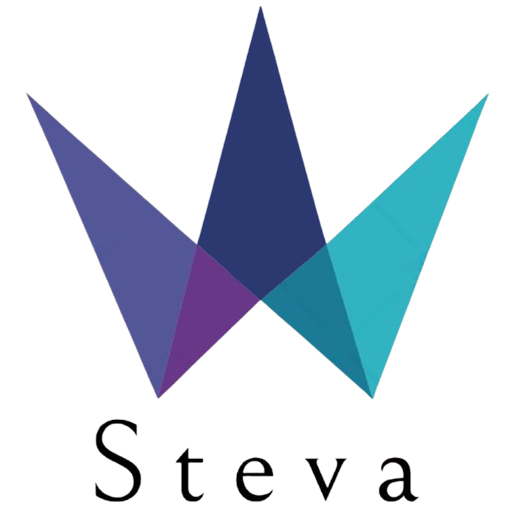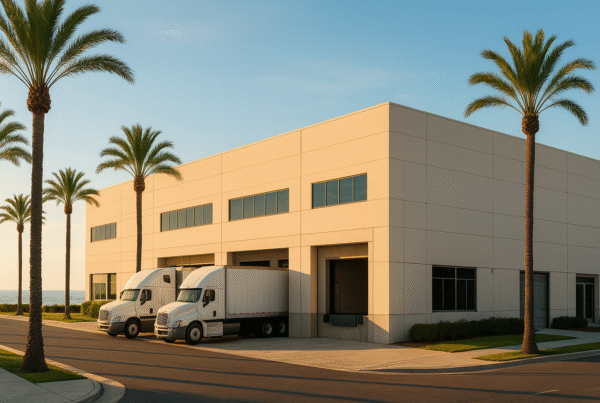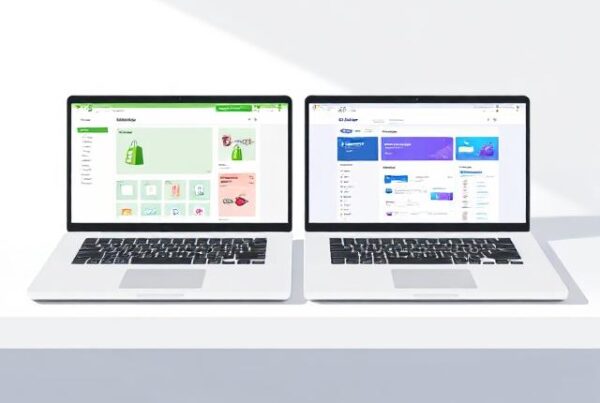Selecting the right Shopify developer in Phoenix can make all the difference between an e-commerce store that thrives and one that struggles to convert. We understand that finding developers who can deliver solutions tailored to your unique business needs is crucial for gaining a competitive edge in today’s dynamic online marketplace.
When exploring Shopify development companies in Phoenix, you’ll discover specialists offering comprehensive services from custom store design to advanced integrations. The best Shopify development company will build your platform and provide ongoing support and maintenance. Costs typically range from $10,000 to $49,000, depending on the complexity of your project. Therefore, it is essential to thoroughly consider web development companies in Phoenix before deciding.
If you’re looking to hire Shopify developer Phoenix AZ professionals, consider factors like expertise, reputation, and technical skills to ensure you’re partnering with a team that can create a user-friendly, scalable ecommerce platform that drives sales. In this guide, we’ll walk you through the essential criteria for considering Shopify developers, key questions to ask before hiring, and how to compare leading companies to find your perfect match.
Understanding Your Shopify Project Requirements

Before embarking on your search for the perfect Shopify developer in Phoenix, you must clearly understand what you want to achieve. This foundational step will guide your decision-making process and help you communicate effectively with potential developers.
1. Define Your Store Goals: Sales, UX, or Branding
Your main goals will define the type of developer expertise required and influence how they approach your project, ensuring alignment with your vision, technical needs, and long-term e-commerce business strategy.
(i) Sales-Focused Goals
If your primary aim is to maximize conversions and revenue, look for developers specializing in conversion rate optimization, advanced analytics integration, and mobile-first design. These developers should demonstrate experience with successful e-commerce projects that show measurable results, such as fashion retailers experiencing 35% increases in online sales or health brands seeing 50% growth in repeat purchases after implementing subscription models.
(ii) User Experience (UX) Priorities
User experience is your primary focus; seek developers with proven expertise in creating intuitive navigation structures and fast-loading pages. The best developers create seamless checkout processes that reduce bounce rates. For example, tech stores achieve a 40% decrease in bounce rates through store customization. Key areas include:
- Responsive design that works flawlessly across all devices
- Accessibility compliance to serve all customers
- User journey mapping and optimization
(iii) Branding and Visual Identity
Businesses prioritizing brand consistency and visual appeal prioritize developers who excel at custom theme development and brand storytelling through visual elements. These specialists should understand how to implement advanced typography, color schemes, and micro-interactions that reflect your unique brand personality while maintaining consistent messaging across all touchpoints.
2. Decide Between Theme Customization vs. Full Custom Build
This decision significantly impacts your budget, timeline, and long-term flexibility, making it one of the most essential choices in your Shopify development journey.
(i) Theme Customization Benefits
Theme customization offers a cost-effective solution with faster deployment. It typically takes 2-4 weeks from start to launch, and investments range from $2,000 to $10,000. This approach provides built-in responsiveness, basic SEO optimization, and access to established app ecosystems with regular security updates from theme developers.
(ii) Full Custom Build Advantages
Custom Shopify themes provide greater flexibility, branding consistency, and performance than generic templates. When you choose a full custom build, you gain complete control over design elements, optimized code structure for improved site speed, and unique functionality tailored to your business processes. Key benefits include:
- Better scalability for future growth and feature additions
- Enhanced brand differentiation in competitive markets
- Specialized functionality that standard themes cannot accommodate
Consider a custom build if you have unique business requirements, complex product catalogs, or specialized functionality. Theme customization works well for businesses with straightforward needs and limited budgets who still want professional results.
3. Identify Required Integrations: ERP, CRM, or Payment Gateways
Modern e-commerce success depends heavily on seamless integrations with essential business tools. Quality Shopify development companies offer comprehensive services, including store strategy creation, app development, and content migration.
(i) Enterprise Resource Planning (ERP) Integration
ERP systems require sophisticated integration for inventory management synchronization across multiple channels, automated order processing, and real-time stock-level updates. The best developers create seamless connections between your store and third-party applications to streamline operations, ensuring integrations work harmoniously without creating technical conflicts.
(ii) Customer Relationship Management (CRM) Systems
CRM integration enables customer data synchronization for personalized marketing campaigns, order history tracking, and automated email marketing triggers. Essential features include:
- Customer lifetime value calculations
- Loyalty program management and rewards tracking
- Customer service integration for seamless support experiences
(iii) Payment Gateway Requirements
Modern payment processing demands support for multiple payment options, international capabilities, and subscription billing for recurring revenue models. Developers should implement fraud prevention, security compliance features, and split payment options for B2B customers or installment plans.
Key Criteria for Considering Shopify Developers in Phoenix
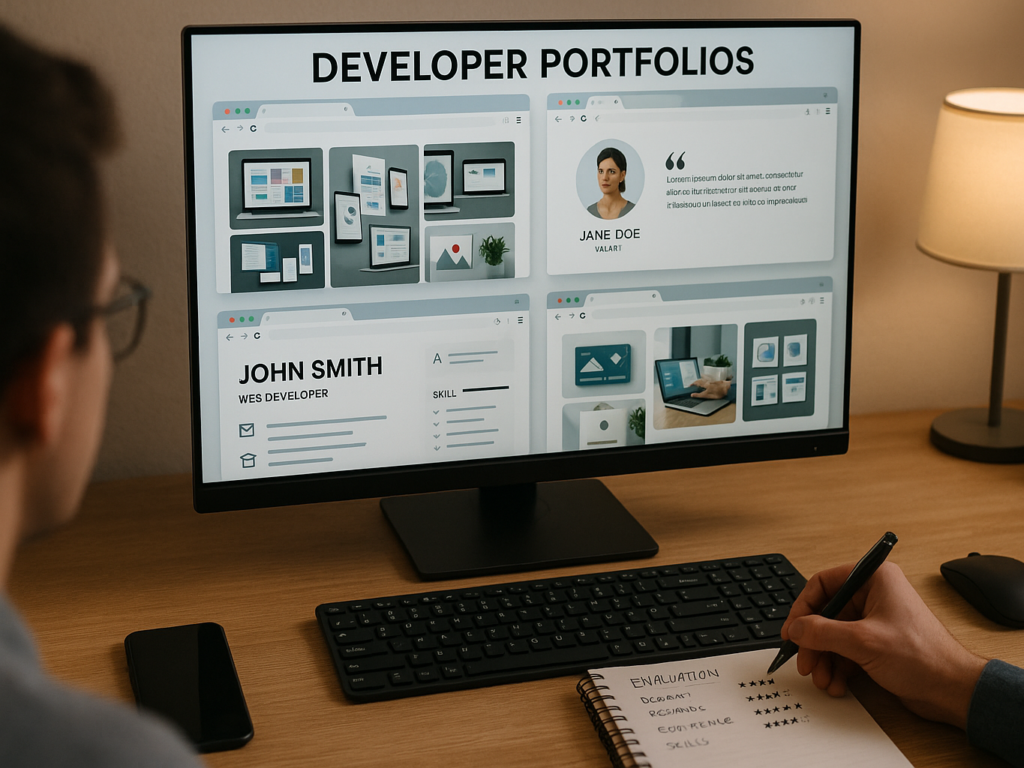
Finding the perfect Shopify developer in Phoenix requires evaluating several critical factors beyond basic technical skills. Experienced developers bring unique value to your e-commerce project through specialized knowledge and proven results.
1. Experience with Shopify Plus and Custom Themes
Phoenix-based Shopify agencies with extensive experience, such as those with 20+ years in e-commerce, offer a significant advantage for your business. Look for developers with expertise in creating user-friendly websites that deliver measurable results.
Custom Shopify themes provide greater flexibility, branding consistency, and performance than generic templates. Additionally, developers should understand how to optimize themes for speed, user experience, and seamless functionality without relying on unnecessary apps that slow down your store.
2. Client Reviews and Local Reputation in Phoenix
Legitimate reviews serve as powerful indicators of a developer’s capabilities. Platforms like Clutch use a structured methodology combining in-depth client interviews, ratings, and comprehensive project details to verify reviews. During your evaluation, examine testimonials from previous clients and request references.
Top-rated Shopify experts in Phoenix typically maintain five-star reputations. Furthermore, discuss case studies demonstrating problem-solving abilities and successful outcomes for businesses like yours.
3. Range of Services: From Store Setup to App Integration
Quality Shopify development companies offer comprehensive services, including store strategy creation, app development, and content migration. Essential services should cover Shopify settings setup, shipping configurations, taxes, app installations, and theme customization.
Moreover, consider whether the developer can handle specialized integrations with essential business tools, including payment processors, inventory management systems, and marketing platforms. To streamline operations, the best developers create seamless connections between your store and third-party applications.
4. Post-launch Support and Maintenance Plans
Post-launch support remains critically essential yet often overlooked. After your store launches, ongoing maintenance ensures it runs smoothly through regular updates, security checks, bug fixes, and performance optimization. Look for developers who offer technical safety nets with routine checks and clear troubleshooting protocols.
Consequently, many design firms maintain support relationships with clients after launch, providing education on content management systems and helping navigate unforeseen challenges. Effective maintenance includes monitoring your store, providing proactive solutions, and regularly assessing performance and security.
By thoroughly assessing these four criteria, you’ll identify web development companies in Phoenix capable of delivering exceptional Shopify solutions tailored to your specific business needs.
Top 5 Questions to Ask Before You Hire a Shopify Developer
When interviewing potential Shopify experts, asking the right questions will help you identify developers who can deliver on your project goals. Here are five essential questions to guide your selection process:
1. Do you have experience with similar eCommerce businesses?
Experienced Shopify developers should showcase projects in their industry. Phoenix development agencies with proven track records typically highlight case studies demonstrating measurable results.
Look for concrete examples, such as fashion retailers experiencing 35% increases in online sales or health brands seeing 50% growth in repeat purchases after implementing subscription models.
Request specific examples from your business niche to ensure they understand your unique challenges and market requirements.
2. What is your process for custom Shopify app development?
Quality developers will explain their methodology for building custom applications with clear technical approaches.
They should mention creating Shopify Partner accounts, setting up development stores, and utilizing Admin and Storefront APIs to access your store’s data. This would demonstrate their technical competency and professional approach.
Request examples of past custom solutions, such as:
- Credit applications for B2B operations
- Subscription solutions for recurring revenue
- Product builders for customizable merchandise
3. How do you handle SEO and performance optimization?
Top Shopify developers in Phoenix implement comprehensive SEO strategies alongside technical improvements.
Look for mentions of on-page optimization techniques, technical SEO improvements, and mobile usability enhancements. They should also discuss local SEO strategies specifically for Arizona businesses.
Additionally, inquire about their process for improving site speed, image optimization, and performance enhancement capabilities, which directly impact user experience and search rankings.
4. Can you provide references or case studies?
Reputable development companies willingly provide verified client reviews and detailed case studies.
The best agencies experience evaluation based on client feedback, project outcomes, and portfolio excellence. They should be transparent about their track record and willing to connect you with previous clients.
Request specific examples showcasing increased traffic, conversion improvements, or reduced bounce rates. Look for measurable results, such as tech stores achieving 40% decreased bounce rates through customization.
5. What is your pricing model and timeline?
Transparent pricing discussions prevent future surprises and help you budget appropriately. Shopify development typically follows several pricing models:
- Hourly rates: $35-55/hour for basic requirements
- Fixed project fees: $300-2,000 for small stores, $2,500-5,000 for medium stores, $10,000-35,000 for enterprise-level projects
Similarly, timeframes vary by complexity. Simple stores require 2-3 weeks, while custom implementations take 6-10 weeks. Ensure they provide detailed timelines with clear milestones and deliverables to avoid scope creep and delays.
Leading Shopify Development Companies in Phoenix
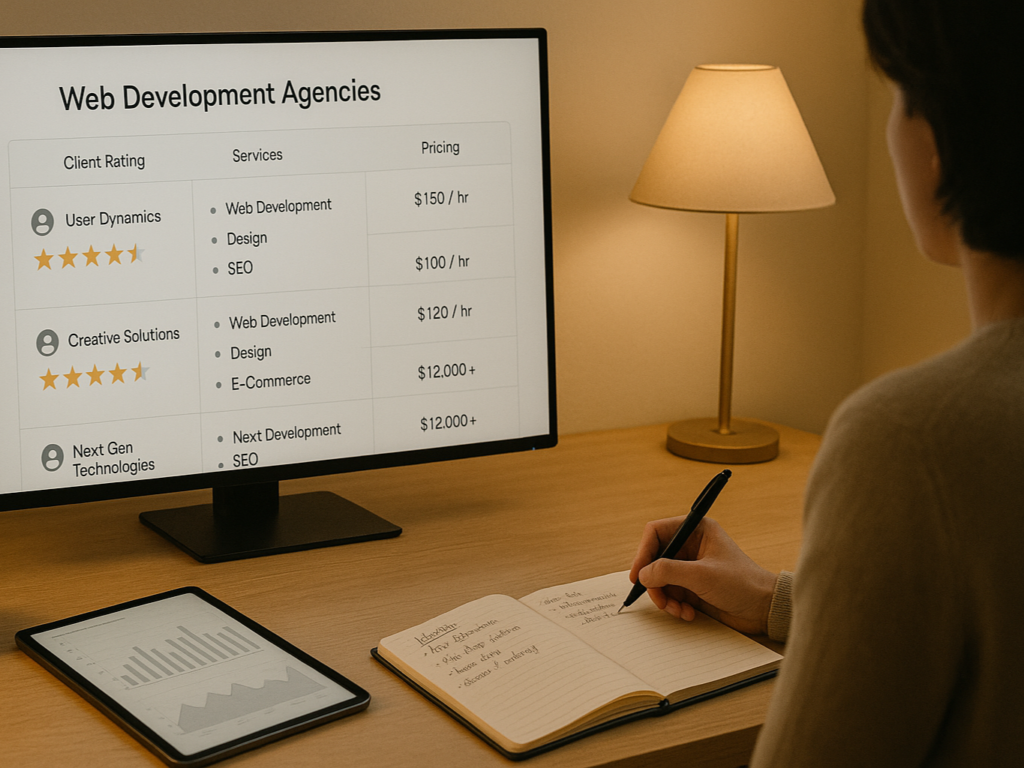
Several exceptional Shopify development companies support Phoenix’s thriving e-commerce landscape, each bringing unique expertise and specialized capabilities to the market. This comprehensive analysis examines six standout agencies that have established themselves as leaders in the Shopify development space.
1. Excellence in Client Satisfaction: SmartSites vs Seota Digital Marketing
(i) SmartSites: Scale and Expertise
SmartSites is a full-service digital marketing agency specializing in SEO, PPC, Email Marketing, Social Media Management, and Web design, positioning itself as a comprehensive solution provider. With an impressive portfolio of 491 client reviews, maintaining a perfect 5.0 rating, SmartSites demonstrates consistent excellence across a broad client base. Their extensive service offering of 29 distinct capabilities enables them to handle complex, multi-faceted e-commerce implementations.
The company’s pricing structure reflects its premium positioning, with project minimums starting at $5,000+ and monthly retainer commitments beginning at $2,000+. This investment level typically attracts businesses seeking comprehensive digital transformation rather than simple website builds.
(ii) Seota Digital Marketing: Focused Excellence
Established in 2009, Seota Digital Marketing is a full-service digital agency in Phoenix with a more targeted approach. While maintaining the same perfect 5.0 rating as SmartSites, Seota’s 29 reviews suggest a more selective client base or newer market presence. However, their focused service portfolio of 12 specialized offerings allows for deep expertise in core areas.
Seota’s competitive advantage lies in its accessible pricing model. It features the same $5,000+ project minimum but offers monthly retainers starting at $1,500+. This $500 monthly difference can significantly impact long-term partnerships, making Seota an attractive option for growing businesses that need premium services at more manageable investment levels.
2. Enterprise-Level Capabilities: Fyresite vs Atmosol
(i) Fyresite: Enterprise Shopify Plus Mastery
Fyresite specializes in web design, web development, and app development in Phoenix, Denver, and San Francisco. Its particular strength is enterprise-level implementations. As an active Shopify Plus Partner with additional AWS Partner credentials, Fyresite has positioned itself at the premium end of the market since its establishment in 2009.
Their $10,000+ project minimum and $2,000+ monthly retainer requirements reflect their focus on complex, high-value implementations. This pricing strategy naturally filters clients to those requiring sophisticated integrations, custom functionality, and enterprise-grade solutions that justify the premium investment.
(ii) Atmosol: Accessible Enterprise Solutions
Atmosol presents an interesting alternative in the enterprise space, offering Shopify Plus capabilities with more accessible entry points. Their $5,000+ project minimum is half Fyresite’s requirement, with a $1,500+ monthly retain, making enterprise-level Shopify Plus development available to a broader range of businesses.
This positioning allows growing companies to access advanced Shopify Plus features and customizations without the significant financial commitment typically associated with enterprise-level development partners.
3. User Experience Excellence: FJ Solutions vs. Bryt Designs
(i) FJ Solutions: SEO-Integrated Development
FJ Solutions has carved out a distinctive niche by seamlessly integrating custom Shopify store development with comprehensive SEO strategy enhancement. Their approach recognizes that e-commerce success depends on beautiful, functional stores, discoverability, and organic traffic generation.
The company’s 100% client satisfaction rate across all reviews demonstrates its ability to deliver on this integrated promise. Their portfolio includes complex migrations, such as building Shopify websites from scratch for cultural exchange companies, utilizing Figma for UX/UI design, and successfully migrating content from WordPress platforms.
(ii) Bryt Designs: User Experience Pioneers
Since 2014, Bryt Designs has focused exclusively on the intersection of planning, designing, and building websites with exceptional user experience as the primary objective. Their methodology includes strict testing protocols considering speed, performance, and user experience optimization across all touchpoints.
This specialized focus on UX/UI excellence makes Bryt Designs particularly valuable for businesses where customer experience directly impacts conversion rates and brand perception. Their decade-plus experience has refined their ability to create intuitive, high-performing e-commerce environments.
Where to Find the Best Shopify Developers in Phoenix
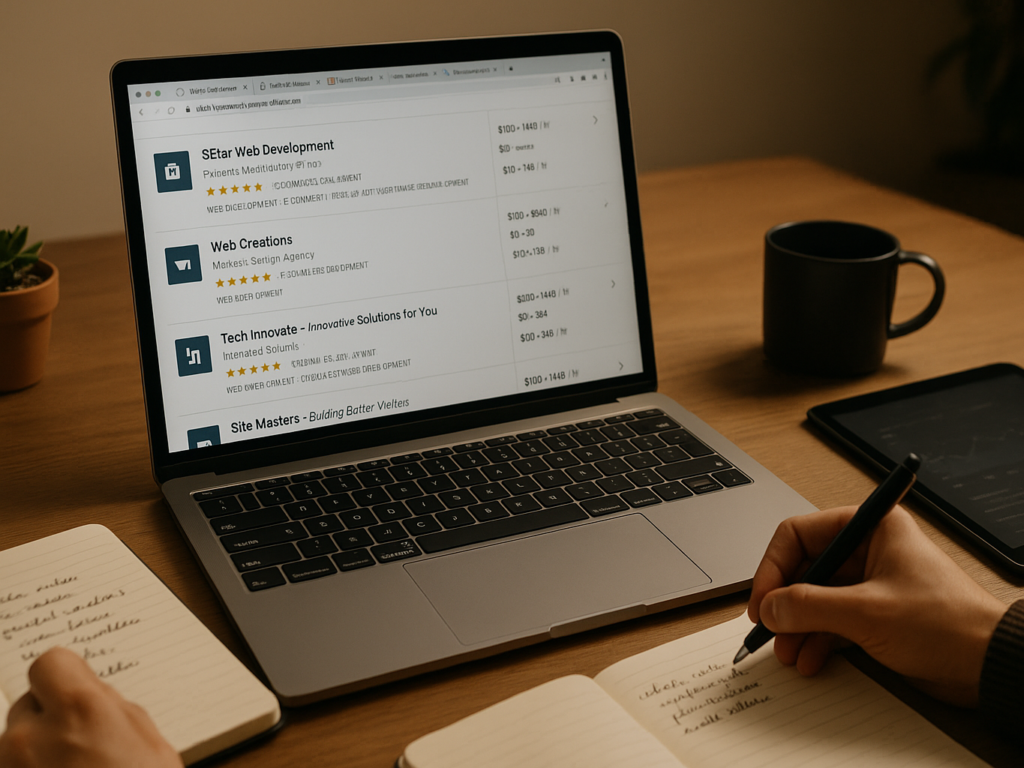
To find qualified Shopify developers, know where to look and consider options effectively. Use platforms like Clutch and UpCity for verified reviews. Assess portfolios, service range, and track records to ensure a developer meets your specific e-commerce needs in Phoenix.
1. Using Clutch, UpCity, and Sermondo for Local Listings
These platforms serve as valuable starting points for your search, offering unique advantages for assessing potential development partners.
(i) Clutch Platform Benefits
Clutch uses a structured methodology combining in-depth client interviews, ratings, and comprehensive project details to verify reviews. Their rigorous verification process confirms business registration, conducts credit background checks, and validates client feedback through direct interviews. This methodical approach ensures you can trust the capabilities of web development companies in Phoenix.
(ii) UpCity Advantages
UpCity compiles authentic reviews, company descriptions, and project examples into organized lists, making it easier to compare multiple providers side-by-side. The platform allows you to filter results by location, budget, and specialization while accessing verified client testimonials and detailed service offerings.
(iii) Local Directory Benefits
Local business directories help you find Phoenix-specific developers who understand regional market preferences, local business regulations, and Arizona-specific SEO strategies. These developers bring valuable insights into the following:
- Regional payment preferences and shipping considerations
- Cultural nuances that affect user experience design
- Local search optimization techniques
2. Evaluating Web Development Companies in Phoenix
When exploring Shopify development companies in Phoenix, you’ll discover specialists offering comprehensive services from custom store design to advanced integrations.
(i) Portfolio Assessment Criteria
74% of clients prioritize portfolios for assessing skills and problem-solving abilities. Portfolios are examined beyond visual appeal by testing live Shopify stores for UI/UX friendliness, checking industry relevance, and analyzing technical capabilities. Developers with relevant experience are 40% more likely to be chosen due to their familiarity with industry challenges.
(ii) Service Range Evaluation
Look for companies that offer comprehensive services, including Shopify settings setup, shipping configurations, app installations, and theme customization. Essential services should cover the following:
- Initial configuration and tax setup
- Third-party integrations and app development
- Content migration from existing platforms
(iii) Track Record Analysis
Phoenix-based Shopify agencies with extensive experience, such as those with 20+ years in e-commerce, offer significant advantages. Examine client retention rates, industry recognition, team credentials, and company stability to assess their reliability and expertise.
3. Benefits of Hiring Local vs Remote Shopify Developers
This decision impacts communication, collaboration, and project management throughout your development process.
(i) Local Developer Advantages
Local developers offer face-to-face meetings for complex project discussions, a shared time zone for real-time communication, and an understanding of local market conditions. They provide easier legal recourse and contract enforcement while enabling potential long-term partnerships with ongoing local support.
(ii) Remote Developer Benefits
Remote developers provide access to a broader talent pool with specialized skills and potentially lower costs due to geographic wage differences. Benefits include:
- 24/7 development cycles with international teams
- Exposure to global e-commerce trends and best practices
- Flexibility in scaling team size based on project needs
(iii) Hybrid Approach Considerations
Many successful projects combine local project management with remote development resources, offering local account management with face-to-face accessibility while leveraging specialized remote talent for specific technical requirements.
How to Shortlist and Finalize the Best Shopify Development Company
After narrowing down potential Shopify developers in Phoenix, the final selection process requires a systematic approach to ensure you find the perfect match for your e-commerce project.
1. Comparing Proposals and Pricing Models
Understanding various pricing structures allows you to plan your budget effectively, avoid unexpected development costs, and choose a Shopify developer who aligns with your financial expectations, project scope, and desired level of customization and post-launch support.
(i) Common Pricing Structures
Shopify development typically follows several pricing models: hourly rates ($35-55/hour for basic requirements), fixed project fees ($300-2,000 for small stores, $2,500-5,000 for medium stores, $10,000-35,000 for enterprise-level projects), and monthly retainers ($1,500- 1,500-2,000+ for ongoing support).
Depending on your project’s complexity, costs typically range from $10,000 to $49,000, making it essential to thoroughly evaluate web development companies in Phoenix before deciding.
(ii) Proposal Evaluation Criteria
When reviewing proposals, assess detailed project scope and deliverables breakdown, timeline estimates with clear milestones, and technical specifications. Important considerations include:
- Post-launch support and maintenance plans
- Revision policies and change request procedures
- The total cost of ownership, including ongoing maintenance
2. Assessing Communication Style and Responsiveness
Effective communication is the backbone of any successful development project, ensuring clarity, faster problem-solving, and alignment between your vision and the developer’s execution, ultimately leading to stronger results and lasting professional partnerships.
(i) Communication Assessment Methods
Schedule discovery calls with promising candidates to gather information about their expertise while explaining your project requirements. Prepare by researching the company’s online presence and noting specific questions about their approach. During these calls, evaluate their responsiveness, explanation clarity, and ability to understand your business goals.
(ii) Responsiveness Indicators
Top-rated Shopify developer Phoenix typically maintains a five-star reputation and demonstrates consistent communication patterns. Look for developers who respond promptly to initial inquiries, provide detailed answers to technical questions, and show genuine interest in understanding your business challenges.
(iii) Long-term Communication Planning
Consider how the developer will handle ongoing communication needs, including project updates, troubleshooting protocols, and post-launch support. Effective developers establish clear communication channels and:
- Regular project milestone reporting
- Transparent issue escalation procedures
- Accessible support during business hours
3. Aligning on Timelines and Post-launch Support
Timeline alignment and ongoing support play a critical role in your e-commerce project’s long-term success. They ensure smooth launches, timely updates, and reliable assistance that keep your online store running efficiently and well after the initial development phase.
(i) Timeline Considerations
Time Frames vary by complexity; simple stores require 2-3 weeks, while custom implementations might take 6-10 weeks. When evaluating timelines, consider project dependencies, revision cycles, and testing phases. Realistic timelines include content preparation, feedback incorporation, and thorough quality assurance testing.
(ii) Post-launch Support Importance
Post-launch support remains critically essential yet often overlooked. After your store launches, ongoing maintenance ensures it runs smoothly through regular updates, security checks, bug fixes, and performance optimization. Look for developers who offer technical safety nets with routine checks and clear troubleshooting protocols.
(iii) Maintenance Plan Evaluation
Many design firms maintain support relationships with clients after launch, providing education on content management systems and helping navigate unforeseen challenges. Effective maintenance includes:
- Monitoring your store for performance issues
- Providing proactive solutions before problems occur
- Regular security assessments and updates
Choose wisely; a great developer will build a store and help grow your e-commerce operation through ongoing partnership and support.
Finding Your Perfect Shopify Development Partner
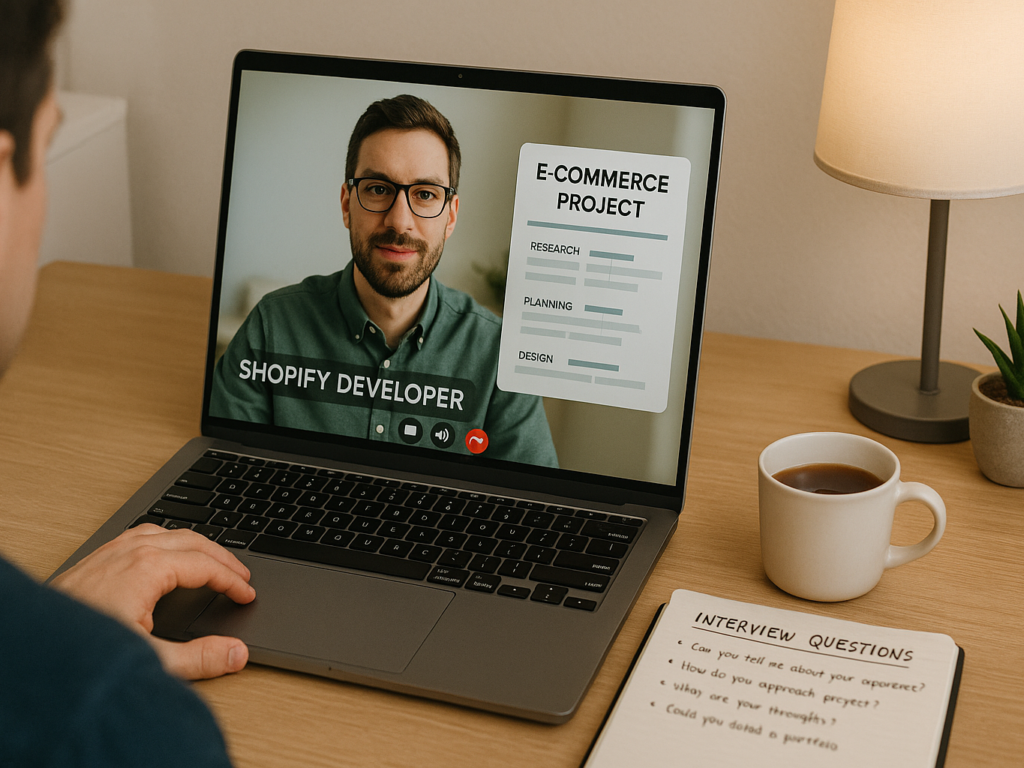
Selecting the right Shopify developer in Phoenix means weighing factors like platform expertise, Shopify Plus knowledge, and custom theme skills. Experienced developers add significant value, especially when backed by strong client reviews and local reputation. These indicators help reveal a developer’s reliability, technical depth, and ability to meet your unique business needs.
An ideal partner should handle everything from store setup to complex integrations and post-launch support. Long-term success often depends on ongoing service, not just launch. Ask the right interview questions to uncover whether developers understand your business goals and offer scalable, tailored solutions, not just generic e-commerce builds.
Phoenix hosts strong contenders like SmartSites and Fyresite, each offering different strengths and pricing. Review platforms like Clutch or UpCity help verify claims, while portfolios and discovery calls reveal experience, fit, and communication style. Choose wisely; a great developer won’t just build a store but help grow your entire e-commerce operation.
FAQs on Shopify developer Phoenix
Q: What should I budget to hire a Shopify developer in Phoenix?
Shopify development costs typically range from $10,000 to $49,000, depending on complexity. Theme customization starts around $2,000-$10,000, while full custom builds range from $10,000 to $35,000 plus ongoing maintenance fees.
Q: How long does it take to build a custom Shopify store?
Simple Shopify stores require 2-3 weeks to complete, while custom implementations with advanced features and integrations typically take 6-10 weeks, including testing, revisions, and quality assurance phases.
Q: What’s the difference between theme customization and custom development?
Theme customization modifies existing templates for faster, cost-effective results. Custom development creates unique designs and functionality from scratch, offering greater flexibility, branding control, and specialized features.
Q: Do I need ongoing support after my Shopify store launches?
Yes, post-launch support is essential for security updates, performance optimization, bug fixes, and regular maintenance. Most developers offer monthly retainer plans starting at $1,500-$2,000 for ongoing assistance.
